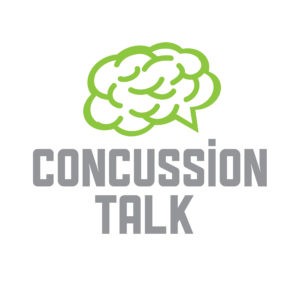I got this title from a song by a great local band: The Pathological Lovers
I will be going to Toronto soon to do two parts of a five part Pilates teacher training course.
At the first course, I will learn how movement is produced at major joints, how to accurately recruit muscle, and about joint mobility and core control. I have been reading the anatomy book for the course, detailing different bones, muscles and ligaments, and the different parts of each. My education and sports/lifeguarding background has given me a good base of knowledge about much of this already, and as a refresher, I’ve been reviewing the material about anatomy and the neuromuscular system. Although people may find it boring (I don’t think it’s boring at all! I love learning about this stuff!) or think it is something that they don’t need to know, it helps me so much to know how I’m moving.
It’s like with anything: Familiarity breeds comfort. I know – and will know more after this weekend – where certain bones and muscles are, what they do, and how they support other muscles/bones. This is all practical stuff, you don’t need an MD or PhD in physiology to know how you move or why you may move in one way and not another. When people talk about the advantages of sports or any physical activity, they usually talk about cardiovascular/endurance, strength, or social benefits, but what is seemingly always overlooked is that physical activity and sports give kids, or anybody for that matter, a better sense of their body; how it moves, how much it is immediately able to do, where its supports are, and perhaps most importantly, that it is adaptable. It can change. Given enough training, nutrition, and time, the human body and human brain can find a way to do an incredible array of activities. Even if it has been injured, it can find a way to adapt, to compensate or find a new path! Check out this article and website written by an incredibly brilliant researcher and friend – great stuff Michelle!
My brain was seriously injured, pathways have been interrupted, I have double vision. It’s too bad. I don’t like it, but I know that my brain is adapting and I’m doing what I can to give it some support.
